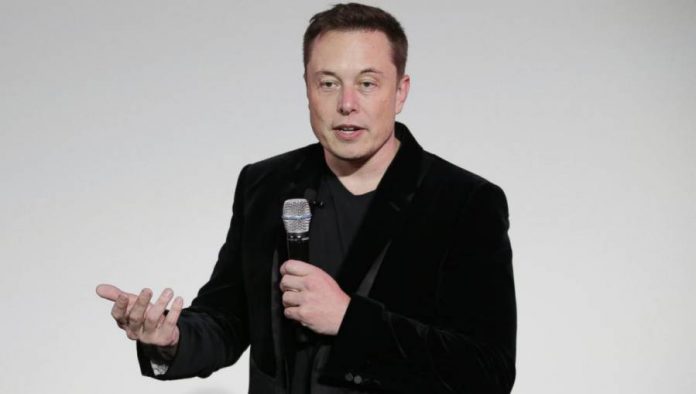
On Thursday, Tesla announced its shareholders had approved the $2 billion buyouts of sister company SolarCity. During a press session following the acquisition, CEO Elon Musk said Trump’s plans for the auto industry would not hurt Tesla in the future.
Tesla investors and other U.S. automakers pushing for an electric vehicle revolution are looking with increasing concerns at Donald Trump’s stances in energy, climate, and the economy.
The President-elect has expressed his support for the revival of oil and coal industries as part of his plan to make America great again.
Trump plans to revitalize these sectors to create thousands of jobs lost to the rise of renewable energy initiatives.
Moreover, Trump’s plans contemplate infrastructure and road building, but there is little to no information on his policies regarding the thriving electric vehicle industry.

Lawmakers and analysts speculate that, whatever those are, they will not be good for automakers or the environment.
Trump is likely to get rid of Emission Vehicle Credits
As part of his vocal opposition to climate change and global warming, experts think Donald Trump would not hesitate to cut off Zero Emission Vehicle (ZEV) Credits from the states where the mandate is active.
ZEV credits are government incentives for automakers and consumers to produce and buy electric vehicles. In exchange, the U.S. government gives people in California, Maine, Maryland, and other states a $7,500 tax credit for buying these cars.
Automakers who apply for ZEV credits receive only a limited amount of them, capping at 250,000 cars per year.
For mass manufacturers like GM, this is a small incentive, but for automakers like Tesla who make around 200,000 vehicles a year, this makes up a large part of their revenue stream.
Elon Musk thinks ZEV credits are “disadvantageous”
This system results, inevitably, in a surplus of tax credits Tesla sells to other automakers. Manufacturers who do not meet an annual sales quota of electric vehicles risk receiving a government fine, so they buy the credits they should have made.
However, since Tesla does need the credits to keep growing, the company sells them at a competitive price of half the value ($0.50 on the dollar).
In contrast, Ford or General Motors don’t need these incentives and they can sell the ZEV credits they receive for their full price.
“The incentives either don’t scale or are disadvantageous,” Musk said. “If people are concerned about Tesla incentives, they should be concerned with ‘Well, how does Tesla overcome the disadvantage of EV incentives?” he added.
Under Trump’s administration, the elimination of ZEV credits would cut off a source of income that gave Tesla nearly $140 million the last financial quarter.
Nevertheless, Musk thinks the company will be okay as it sets out to meet a 500,000-vehicle production goal in 2017. Moreover, the recent SolarCity merger will also bring a new revenue stream to Tesla, so the company does not need government incentives.
Source: Business Insider










